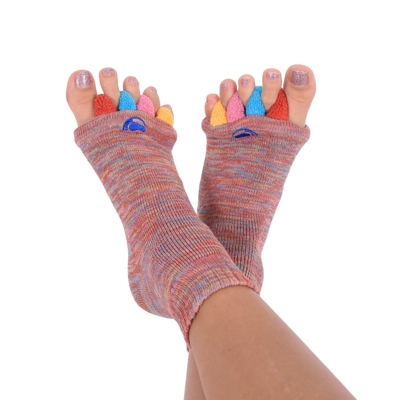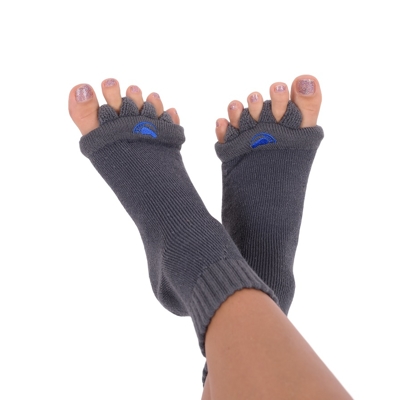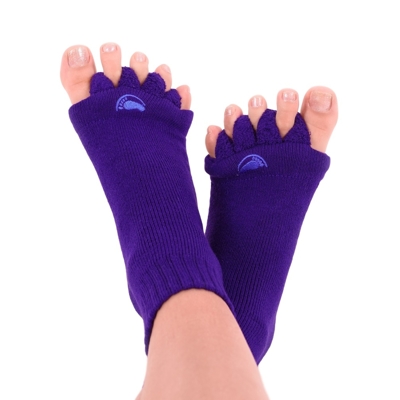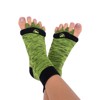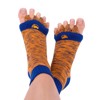Why do children tiptoe?

Tiptoeing in children can appear as soon as the child starts walking, but also later. Is it bad for them? What does it mean? Does it pose a risk for the child’s health? Why does tiptoeing occur in children and what can one do about it?
Tiptoeing in children
When a child walks on tiptoe, it is important to see if they only walk in this manner or whether they also use the whole foot when walking. As soon as the child walks "normally" for most of the time, there is no need to worry that there is a health problem. The child is simply experimenting and discovering. On the other hand, if your child only walks on tiptoe, you should be on your guard.
If the walking seems suspicious
As a rule, someone from your surroundings will notice the peculiarities in your child’s gait before you do. Why? Because when you’re in daily contact with your child, changes come gradually and you may miss things. As they say, the darkest place is under the candlestick. But what should you do if someone alerts you to your child’s unnatural gait?
It doesn’t necessarily have to be anything serious. At the same time, we advise you not to underestimate it. To dispel your doubts, simply contact your child’s GP, or possibly an orthopaedic surgeon or paediatric physiotherapist.

What can be done for healthy lower limb development?
Many complications, including tiptoeing, may not be congenital or neurological in nature, instead they may be a functional disorder. That is, they are caused by poor motor coordination. Parents often unwittingly do some activities with their children that are bad for them and have a negative impact on the healthy development of the child. What should you do and what should you avoid?
A very common bad habit parents have is to teach their children to walk before they are ready for it. As soon as they try to lead their child by the hands, with frequent repetition, not only can the lower limbs be overloaded, but it can also lead to subsequent tiptoeing. Another bad habit is walkers and bouncers. These do not lead the child to a normal stereotype of walking, but to bouncing and tiptoeing. In addition, they can lead to the incorrect positioning of the hip joints and related health complications in the future, which can continue to lead to others.

Another very important factor is footwear. A child’s foot grows rapidly. But this is not a reason to buy bigger shoes so that they last longer. The shoes should be sufficiently roomy, and certainly not too tight so as to squeeze the toes and cause hammer toes. They should also support the foot in the correct position. At the same time, it is necessary to check the size of shoes more frequently in children. We strongly advise against giving children shoes left by an older sibling or other used shoes. Each child uses the shoe differently and this could have an adverse effect on foot development.
Also think about whether you and your children walk barefoot on flat surfaces. For example, at home. The ideal is to get suitable footwear for home. Likewise, think about getting enough healthy exercise and rest.


